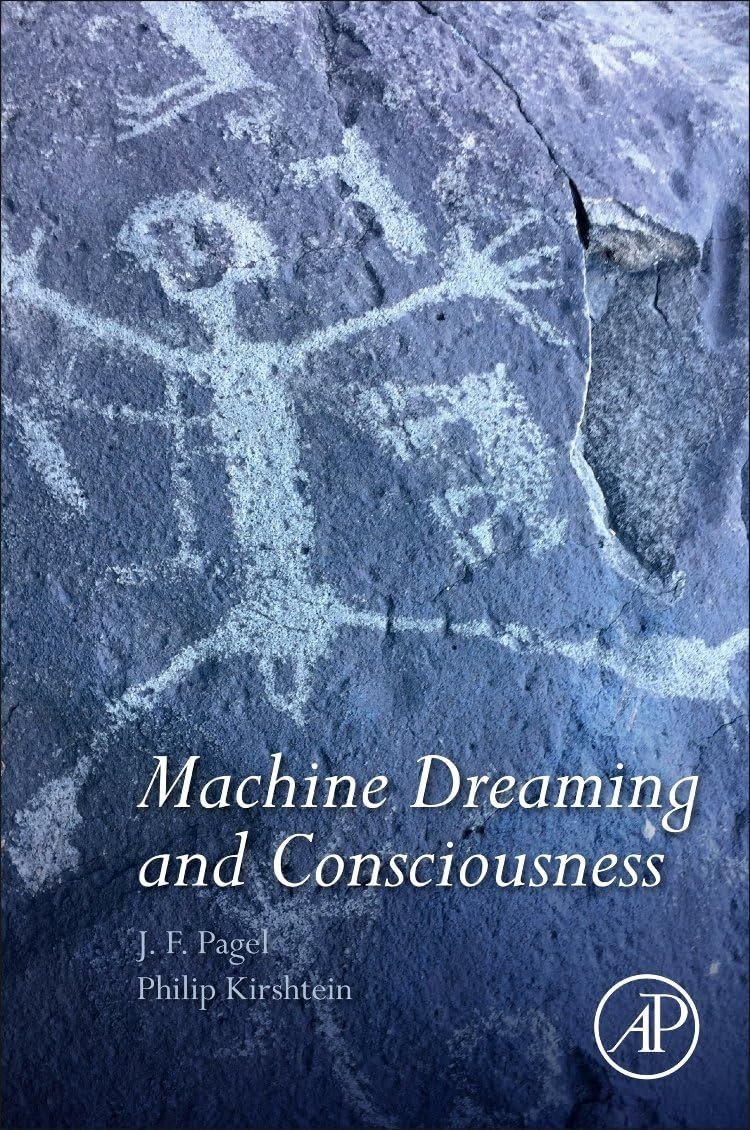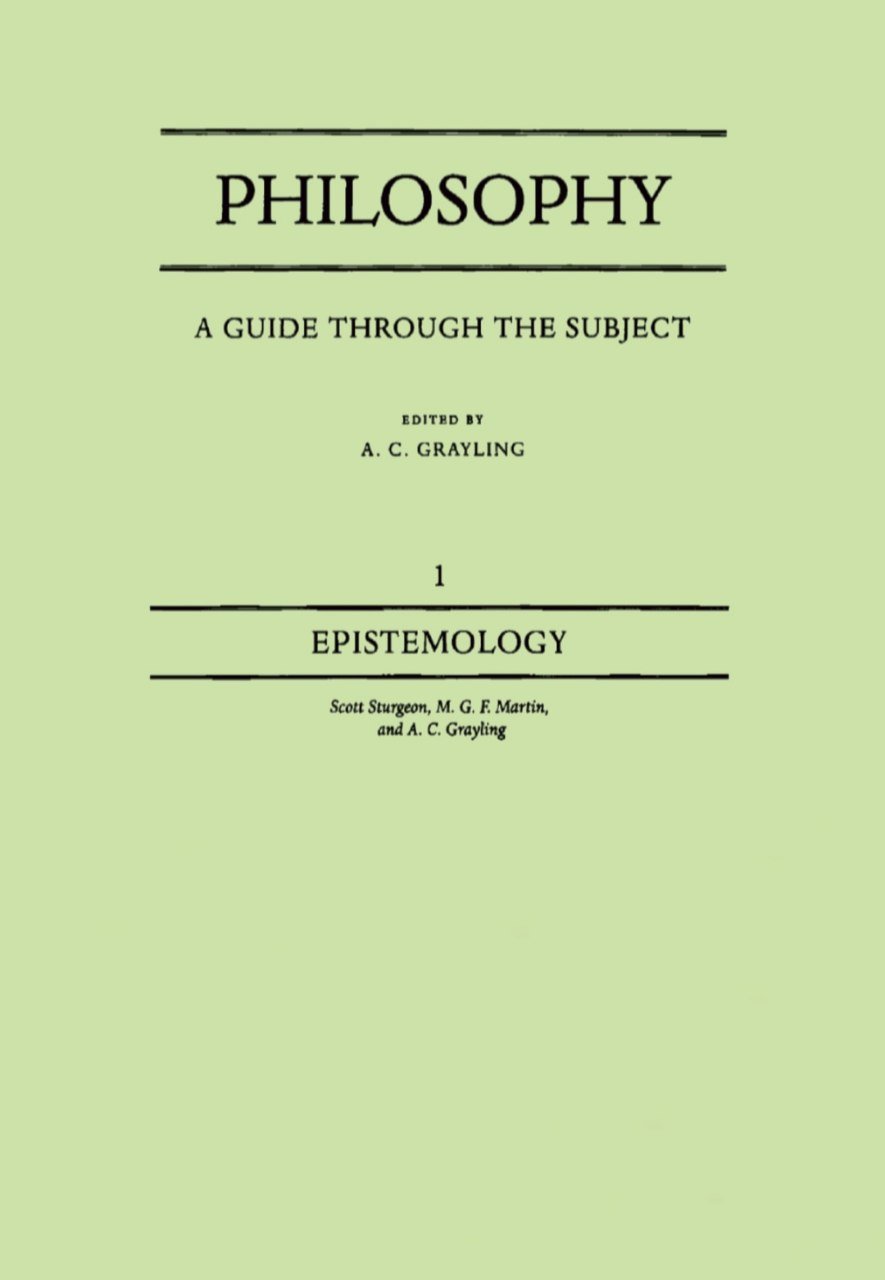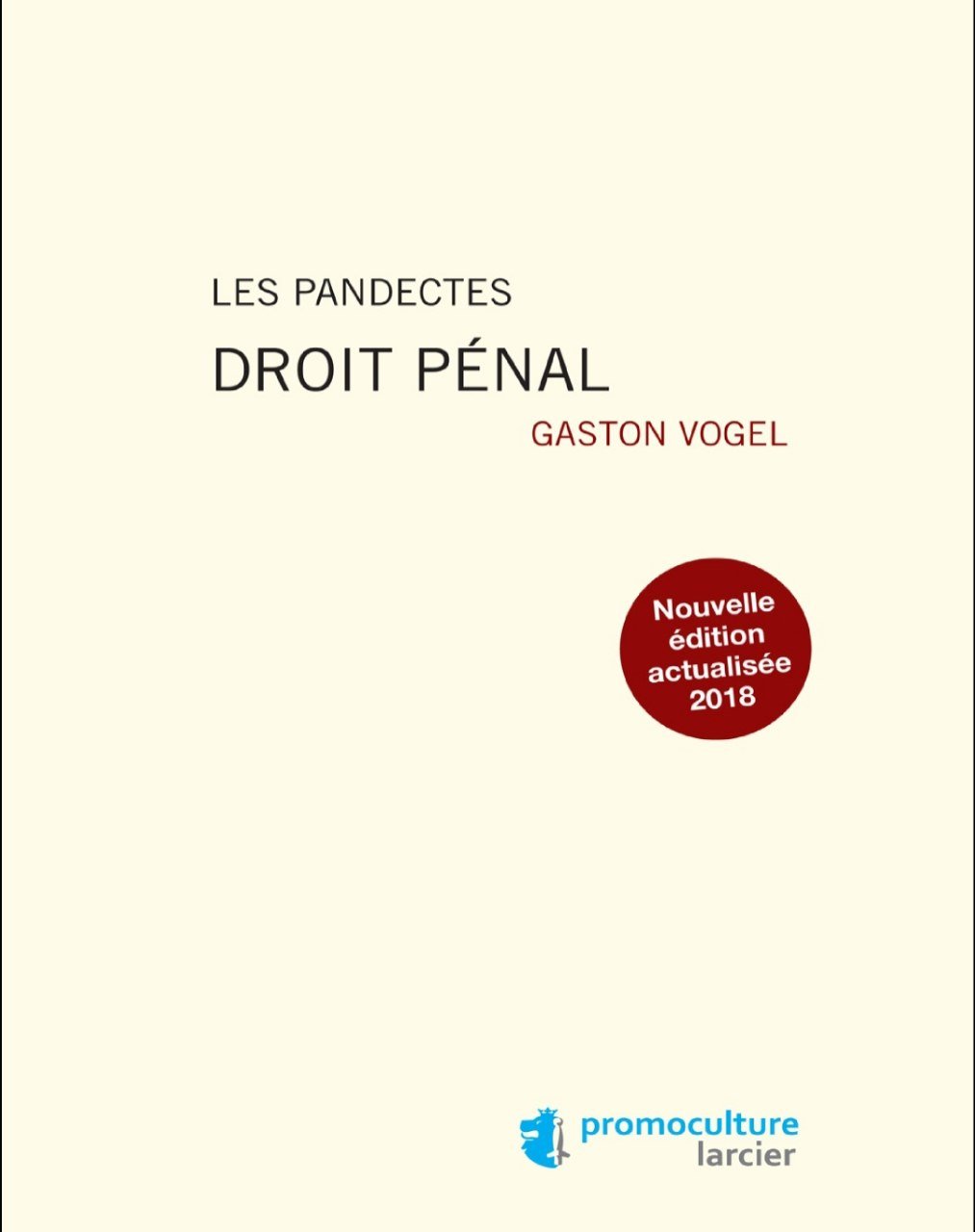

The Tender Carnivore and the Sacred Game by Paul Shepard
Reviews
No review yet. Be the first to review this book!
Description
The Tender Carnivore and the Sacred Game by Paul Shepard is a profound and challenging critique of modern civilization, in which Shepard explores the deep psychological and ecological consequences of humanity’s disconnection from the natural world. Central to Shepard’s argument is the belief that the hunter-gatherer way of life represents not a primitive or inferior stage of human development but rather the pinnacle of humanity’s ecological and spiritual harmony with the world. In these societies, Shepard argues, human beings lived as “tender carnivores,” hunters who engaged in the “sacred game” of the hunt with deep reverence and respect for the animals they pursued. This relationship was not one of domination but of kinship; animals were understood as spiritual equals, and the act of hunting was embedded in ritual, myth, and profound moral responsibility. Shepard contrasts this respectful, reciprocal relationship with the alienated and exploitative attitude that emerged with the domestication of animals and the development of agriculture. In his view, the shift from foraging to farming marked the beginning of humanity’s estrangement from nature. Domestication encouraged the objectification of animals and plants, transforming them into mere resources to be controlled and exploited rather than beings with intrinsic value. This rupture led to hierarchical societies, urbanization, and technological domination, which Shepard sees as contributing to modern humanity’s psychological dislocation and ecological destructiveness. Shepard challenges the deeply ingrained notion of progress that equates civilization with human advancement. Instead, he proposes that the hunter-gatherer ethos—rooted in a deep ecological consciousness and a sense of belonging within the web of life—represents a more mature and integrated mode of existence. He argues that modern humans suffer from a loss of the biophilia that once guided human behavior: the innate love for and connection to other forms of life. Without the rituals and myths that once mediated our relationship with the natural world, we are spiritually adrift, perpetually consuming and dominating without a sense of purpose or belonging. The book is a call for a reawakening of our ancient ecological awareness and a reevaluation of what it means to live as humans in relationship with the Earth. Shepard’s vision is not a literal return to the Paleolithic, but rather a philosophical and psychological return to the values that sustained hunter-gatherer societies: respect for life, participation in natural cycles, and a recognition of our dependence on and kinship with all living beings. In The Tender Carnivore and the Sacred Game, Shepard offers a sweeping critique of industrial civilization and an impassioned plea for humanity to rediscover the wisdom of its deep past in order to heal both the planet and itself.























.jpeg)






.jpg)




.jpeg)


.jpg)






.jpg)







.jpeg)




.png)
.jpeg)





.jpg)









.jpg)
.jpeg)




.jpg)





.jpg)



.jpg)















































